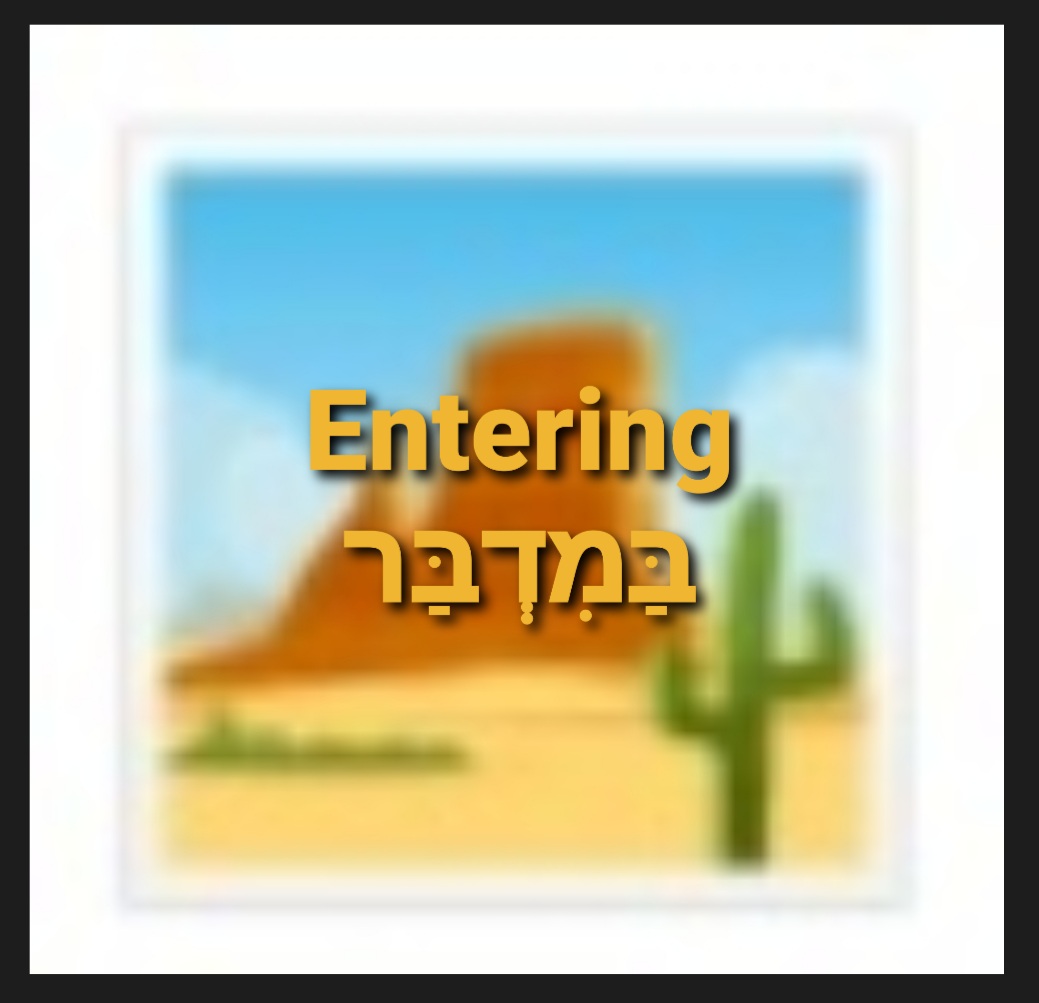This D’var Torah should be a Zechus L’Ilui Nishmas my sister, Kayla Rus Bas Bunim Tuvia A”H, my maternal grandfather Dovid Tzvi Ben Yosef Yochanan A”H, my maternal grandfather Dovid Tzvi Ben Yosef Yochanan A”H, my paternal grandfather Moshe Ben Yosef A”H, my uncle Reuven Nachum Ben Moshe & my great aunt Rivkah Sorah Bas Zev Yehuda HaKohein.
It should also be in Zechus L’Refuah Shileimah for:
-My father Bunim Tuvia Ben Channa Freidel
-My grandmothers Channah Freidel Bas Sarah, and Shulamis Bas Etta
-MY BROTHER: MENACHEM MENDEL SHLOMO BEN CHAYA ROCHEL
-Mordechai Shlomo Ben Sarah Tili
-Noam Shmuel Ben Simcha
-Chaya Rochel Ettel Bas Shulamis
-And all of the Cholei Yisrael, especially those suffering from COVID-19 and the Meiron tragedy.
-It should also be a Z’chus for an Aliyah of the holy Neshamos of Dovid Avraham Ben Chiya Kehas—R’ Dovid Winiarz ZT”L, Miriam Liba Bas Aharon—Rebbetzin Weiss A”H, as well as the Neshamos of those whose lives were taken by terrorists (Hashem Yikom Damam), COVID-19, and the Meiron tragedy.
<span;>-It should also be a Z’chus for success for Tzaha”l as well as the rest of Am Yisrael, in Eretz Yisrael and in the Galus.
בס”ד
(For the my audio content, please visit me at The DataBeis:
https://jewishpodcasts.fm/thedatabeis)
בַּמִדְבַּר ● Bamidbar
שָׁבוּעוֹת ● Shavuos
“Wasn’t Most of the Torah in the Desert?”
(The audio version will be available later today in the link above.)
Sefer Bamidbar apparently picks up with the B’nei Yisrael “in the desert,” hence, “Bamidbar.” The problem is that most of the Torah takes place in the Midbar. What, then, is noteworthy about the wilderness setting in this Sefer?
If we look more closely, the first line of the Sefer relates that Hashem spoke to Moshe Rabbeinu “B’Midbar Sinai,” specifically in the wilderness of Sinai. Now, on its own, this setting might not mean that much, but if we consider the very of Sefer Vayikra, we can detect the line of demarcation. At the end of Sefer Vayikra, the Torah set the stage at Har Sinai. Sefer Bamidbar picks up “B’Midbar Sinai.” Apparently, there’s a transition. We move from the mountain to the wilderness. What is the significance of this transition?
It was at Har Sinai where we entered our eternal covenant with Hashem. Har Sinai represents the height and pique of our inspiration and dedication to Hashem.What we accomplished at Har Sinai was absolutely essential for our future. But, there’s a time where we exit Har Sinai, and venture into Midbar Sinai. And it is when we journey onward that we have to eventually harness and apply what we’ve learned and gained at the mountain. That process begins here “B’Midbar Sinai.”
It is interesting to note that although Sefer Vayikra always concludes before Shavuos, we nonetheless open Sefer Bamidbar just before Shavuos as well. We can all appreciate the reference to Har Sinai as we prepare for “Z’man Matan Toraseinu,” the season of the giving of the Torah. But, the fact that we are apparently supposed enter that season thinking about the “wilderness of Sinai” is quite telling. It tells us that our covenant with Hashem is not about what once took place at Har Sinai, but it is about what we will take with us to the “wilderness” each day afterward.
It is for this reason, that many explain, that when describing Shavuos, the Torah makes no mention of the anniversary of Matan Torah. That is because, although an incredible wedding took place at Har Sinai, whether or not the marriage survives and succeeds in the desert, when the going gets tough, is what matters most. Shavuos is not about the inspiring revelation that once occurred as much as it is about the life of dedication we pledged to live long after the superficial inspiration has faded.
As we re-enter our Bris with Hashem, take leave of Har Sinai and venture into Midbar Sinai, let us remember the goal and keep our eyes on the holiest of prizes and dedicate ourselves now and forever.
May we all be Zocheh to accept the Torah, eternally dedicate ourselves to Hashem, and Hashem should not only continue to always be dedicated to us and our ultimate good, but reveal our ultimate good with the coming of Moshiach, Bimheirah BiYomeinu! Have a Great Shabbos/Yom Tov!
Yehoshua Shmuel Eisenberg

